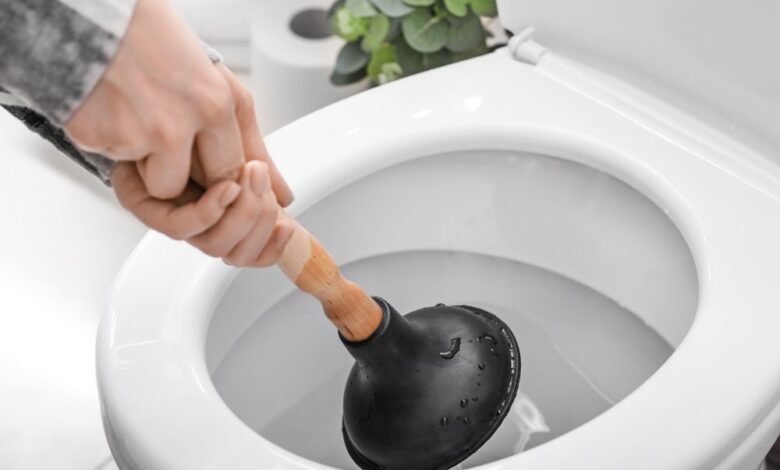Can Semen Clog a Toilet

The question of whether semen can clog a toilet invites a closer examination of both its composition and the mechanics of plumbing systems. Semen primarily consists of water-soluble components, which should theoretically pass through pipes without creating blockages. However, the interaction of semen with other non-biodegradable materials disposed of improperly can lead to unforeseen plumbing issues. This raises further considerations about responsible waste management practices and the implications of plumbing maintenance. What other factors might contribute to toilet clogs, and how can preventive measures be effectively implemented?
Understanding Toilet Mechanics
Toilets are intricate devices designed to efficiently manage human waste while maintaining hygiene and sanitation.
Effective toilet design incorporates advanced plumbing systems that facilitate water flow and waste removal.
These systems utilize gravity and siphoning mechanisms to ensure proper disposal, preventing clogs and promoting cleanliness.
Understanding these mechanics is essential for optimizing toilet performance and maintaining a functional and sanitary bathroom environment.
See also: Can Pregnant Women Eat Poke
Composition of Semen
The intricate composition of semen plays a crucial role in reproduction and overall male reproductive health.
Semen consists of sperm composition, seminal fluid, and various enzymes, which together contribute to its fluid viscosity. This viscosity ensures proper motility of sperm, facilitating successful fertilization.
Understanding these components is essential for appreciating male fertility and the physiological processes involved in reproduction.
Potential Plumbing Issues
Certain plumbing issues can arise in the context of toilets that may affect their functionality and efficiency.
One such area of concern is semen disposal, which can lead to misunderstandings and plumbing myths.
While semen itself is not typically a clogging agent, improper disposal methods combined with other materials can contribute to blockages, highlighting the importance of responsible waste management in maintaining plumbing systems.
Preventative Measures for Clogs
Clogs in plumbing systems can often be prevented through a combination of proper usage and regular maintenance.
Implementing effective toilet maintenance practices, such as avoiding the disposal of non-biodegradable items and regularly cleaning the toilet, is essential for clog prevention.
Additionally, periodic inspections by a professional plumber can help identify potential issues before they escalate, ensuring a smoother, more efficient plumbing system.
Conclusion
In conclusion, while semen itself is unlikely to cause toilet clogs due to its water-soluble composition, improper disposal of non-biodegradable items can lead to plumbing issues. It is noteworthy that approximately 75% of all plumbing problems stem from items that should not be flushed, underscoring the importance of responsible waste management. Regular maintenance and inspections further ensure the health of plumbing systems, thereby preventing potential blockages and promoting efficient drainage.







